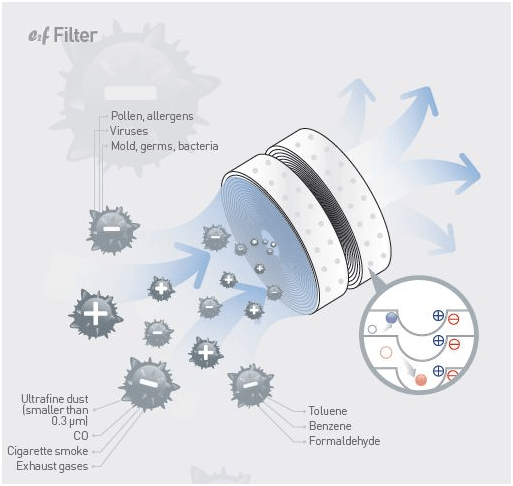The Future Of Home Home Heating - Just How Heat Pump Technology Is Advancing
The Future Of Home Home Heating - Just How Heat Pump Technology Is Advancing
Blog Article
Produced By-Svensson Stack
Heatpump will certainly be an essential modern technology for decarbonising heating. In a scenario constant with governments' revealed energy and environment dedications, their global capacity increases by 2030, while their share in heating rises to one-quarter.
They work best in well-insulated homes and rely on electrical power, which can be provided from a sustainable power grid. Technological innovations are making them extra effective, smarter and cheaper.
Gas Cells
Heat pumps utilize a compressor, cooling agent, coils and fans to move the air and warmth in homes and home appliances. They can be powered by solar energy or electrical energy from the grid. They have been getting appeal because of their affordable, quiet procedure and the capability to produce power throughout peak power demand.
Some companies, like IdaTech and BG MicroGen, are servicing fuel cells for home heating. These microgenerators can replace a gas central heating boiler and produce a few of a home's electrical demands with a connection to the electricity grid for the rest.
But there are reasons to be cynical of using hydrogen for home heating, Rosenow says. It would be costly and inefficient compared to other technologies, and it would certainly add to carbon emissions.
Smart and Connected Technologies
Smart home technology allows homeowners to connect and manage their gadgets from another location with the use of mobile phone apps. For instance, clever thermostats can learn your heating preferences and immediately adjust to enhance energy intake. Smart illumination systems can be controlled with voice commands and automatically turn off lights when you leave the area, minimizing energy waste. And smart plugs can keep an eye on and handle your electrical usage, permitting you to identify and restrict energy-hungry home appliances.
The tech-savvy house depicted in Carina's interview is an excellent picture of how owners reconfigure area heating methods in the light of brand-new clever home technologies. They count on the gadgets' automated features to execute everyday adjustments and concern them as a convenient ways of performing their home heating techniques. As such, they see no reason to adjust their methods further in order to make it possible for flexibility in their home energy demand, and interventions aiming at doing so might deal with resistance from these homes.
Electricity
Given that warming homes make up 13% people emissions, a button to cleaner options might make a huge distinction. However the technology faces obstacles: It's pricey and needs considerable home improvements. And it's not constantly compatible with renewable resource sources, such as solar and wind.
Until recently, electrical heatpump were too costly to take on gas designs in the majority of markets. Yet brand-new technologies in layout and materials are making them extra cost effective. And better chilly climate efficiency is enabling them to operate well even in subzero temperatures.
The next action in decarbonising heating might be making use of warm networks, which attract warmth from a main source, such as a neighboring river or sea inlet, and disperse it to a network of homes or buildings. https://cost-to-add-air-condition08753.bloggerchest.com/29221385/are-warmth-pumps-the-most-effective-cooling-and-heating-solution-for-your-home-a-comparative-evaluation would certainly reduce carbon exhausts and allow households to benefit from renewable resource, such as eco-friendly electrical energy from a grid supplied by renewables. This option would certainly be less expensive than switching to hydrogen, a nonrenewable fuel source that calls for new facilities and would only minimize CO2 exhausts by 5 percent if coupled with improved home insulation.
Renewable Energy
As electrical power prices go down, we're starting to see the very same trend in home heating that has actually driven electrical cars right into the mainstream-- but at an even faster rate. The strong climate case for electrifying homes has been pushed further by brand-new study.
Renewables account for a significant share of modern warm consumption, yet have been given limited plan interest worldwide contrasted to various other end-use markets-- and also less interest than electricity has. Partly, this mirrors a mix of consumer inertia, split incentives and, in numerous nations, aids for fossil fuels.
https://www.achrnews.com/articles/143765-google-my-business-makes-digital-marketing-easier might make the change much easier. For instance, heatpump can be made much more power reliable by changing old R-22 cooling agents with brand-new ones that don't have the high GWPs of their precursors. Some professionals likewise picture area systems that draw heat from a neighboring river or sea inlet, like a Norwegian fjord. The warm water can then be utilized for heating & cooling in a neighborhood.